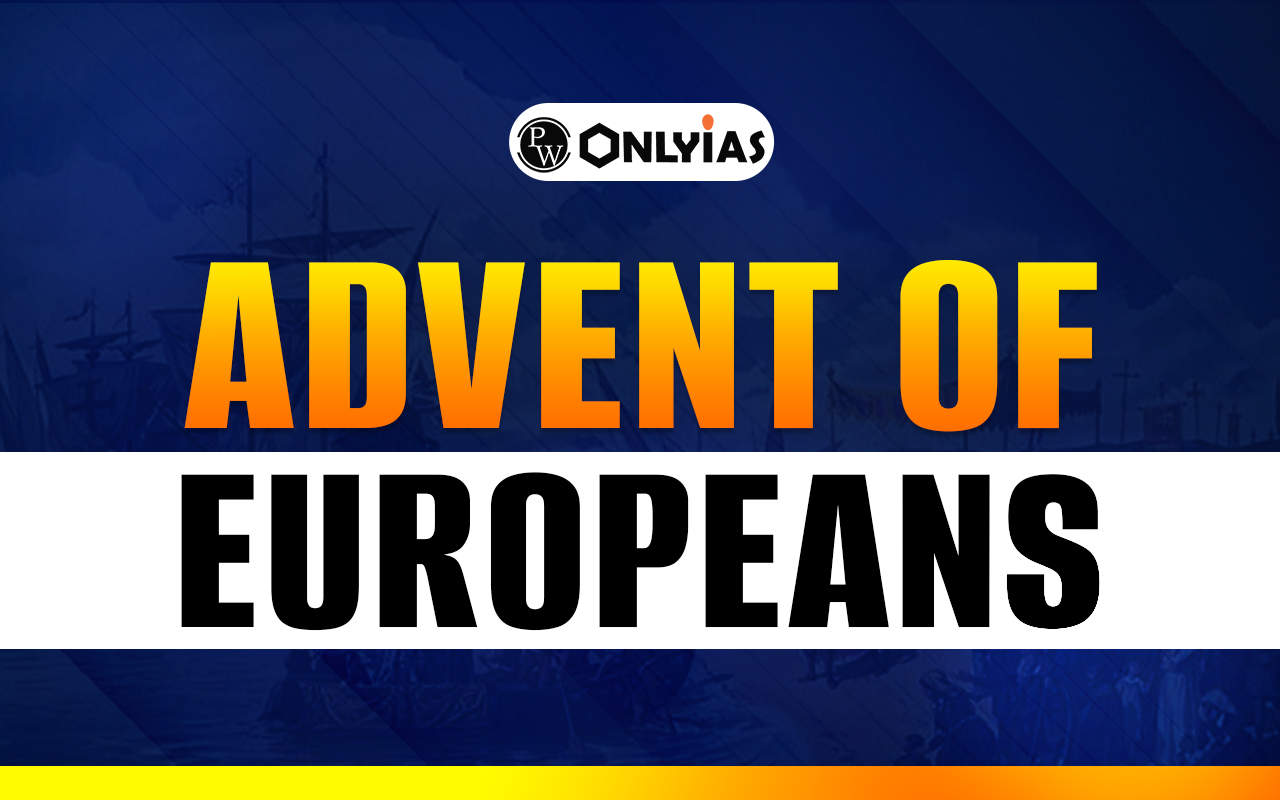
The advent of Europeans marked a significant turning point in the history of India. This period, which spanned roughly 400 years from the late 15th century onwards, witnessed the arrival of European traders and explorers to the Indian subcontinent. In 1498, it was the Portuguese who first reached India, followed by the Dutch, British, and French colonists. These European powers established their presence in India, leading to profound socio-political and economic changes in the region.
The Portuguese were the first European country to arrive in India, with Vasco da Gama reaching Calicut in 1498 by sailing around Africa. They established trading posts and colonies, including Goa, which became a key Portuguese center. The Portuguese were also the last European power to leave India, maintaining control over Goa and some other territories until 1961 when they were integrated into India. This early arrival and long presence left a lasting impact on India’s trade, culture, and colonial history.
The Europeans came to India for several reasons:
Overall, the European arrival in India was driven by economic, strategic, and geopolitical motivations. It resulted in significant consequences for India, including colonization, cultural exchange, and the reshaping of trade networks.
The advent of Europeans in India can be attributed to the following factors:
These developments laid the foundation for future European colonization and trade dominance in India, shaping the course of history and significantly impacting India’s socio-economic and political landscape.
|
The timeline of the Advents of the Europeans in India from 1498 |
|
|
Year |
Event |
|
1498 |
The arrival of the Portuguese in India in Calicut, Kerala |
|
1602 |
The arrival of the Dutch (Netherlands) in Masulipatam, Andhra Pradesh |
|
1608 |
Britishers in Surat, Gujrat |
|
1616 |
Danes in Tranquebar, Tamil Nadu |
|
1664 |
The arrival of the French in Pondicherry |
|
1757 |
After the victory at the Battle of Plassey, the Nawab of Bengal submitted his dominions to the British East India Company, and official British administration began. |
The advent of Europeans in India had a significant and enduring impact on various aspects of Indian society, economy, and politics. Here are some key impacts:
The impact of the advent of Europeans on India was complex and multifaceted. While it brought about economic changes, technological advancements, and cultural exchanges, it also led to exploitation, social disruptions, and the erosion of traditional systems. The legacy of European colonization continues to shape India’s socio-political landscape and its ongoing efforts to reconcile its colonial past with its aspirations for progress and development.
In conclusion, the advent of Europeans in India marked a pivotal moment in Indian history. It brought significant changes to the economic, political, social, and cultural landscape of the country. European colonization led to the exploitation of resources, deindustrialization, and the establishment of colonial rule.
It also sparked resistance and the growth of Indian nationalism, ultimately leading to the independence movement. The impact of European arrival in India continues to shape the country’s trajectory, as it grapples with the legacies of colonization while striving for progress and self-determination.
Check Out UPSC CSE Books
Visit PW Store
To find new trade routes and control the lucrative spice trade.
The Portuguese arrived first in 1498 with Vasco da Gama reaching Calicut.
The Dutch, English, French, and Danish followed in later centuries.
They changed trade, politics, culture, and eventually established colonial rule.
Arrival of Vasco da Gama (1498), Capture of Goa by Portuguese (1510), Battle of Plassey (1757), Battle of Buxar (1764).
<div class="new-fform">
</div>